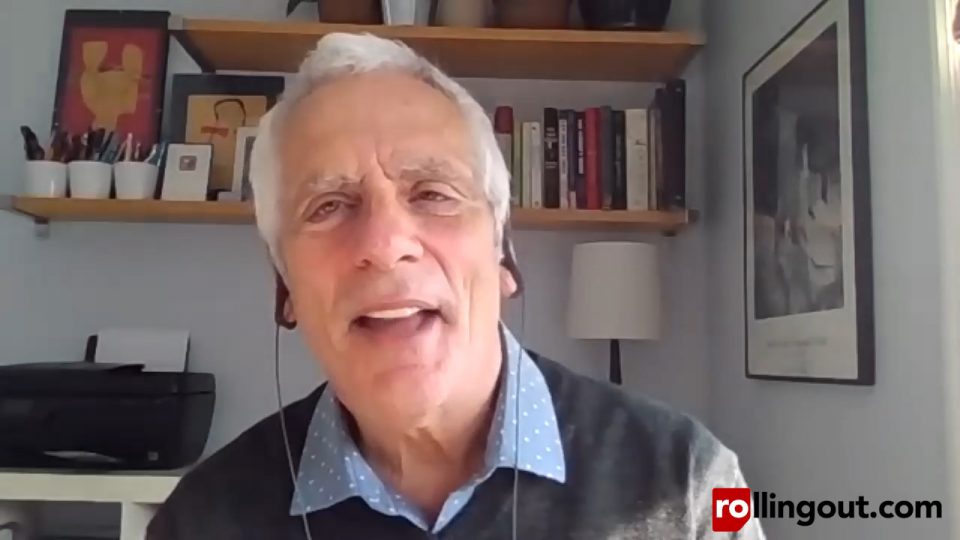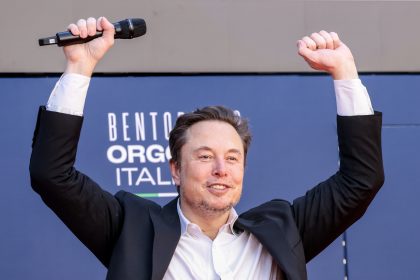
Inflation is present in America, but the Joe Biden-Kamala Harris administration is doing its best to soften the blow, a White House expert tells rolling out. White House economist Jared Bernstein recently explained what has led to the increase in gas prices, groceries and the general cost of living.
The Biden-Harris administration recently announced in Boston new steps to lower energy costs. What are the details there?
This comes right out of the Inflation Reduction Act. It’s a way in which that act starts right away helping people to be able to afford lower energy costs. In many cases, it’s cheaper energy appliances. Or if you want to make an investment in anything that’s more energy efficient for your home, that’s a double money saver, because we’ll go, “You’ll get a tax credit on the investment, but you’ll start saving money on the lower energy costs as you go along,” and I think the important thing here was to look at it from economics standpoint, and a micro and a macro perspective.
From the micro perspective, we got to help people lower their costs. That’s what this does. From a macro perspective, it moves us faster down the road to renewable energy toward clean energy. Anyone who’s watching what’s going on with fossil fuels, with the war in Ukraine, with the volatility of global energy markets, I hope, understands the urgency of that transition.
What’s going on with food prices right now?
So actually, let’s tie these two together, because energy prices and food prices are actually quite connected. Fertilizer, of course, is essential for efficient agricultural production. Energy is a pretty important import, oil becomes something called potash, which is in input into the fertilizer in order to help reduce the price of energy, and thereby help to reduce the price of both growing food and getting food to market. We’ve done a few things, the president has released oil from the strategic reserves that’s helped bring down the price of energy, the price of the pump. That means, the trucks that are taking food to market are facing a somewhat lower costs, and that’s going to put some downward pressure there. Also, our U.S. Agriculture Department has invested in efficient technologies or something called double cropping. We don’t have to go into it, but more efficient technologies to help increase farmers’ yields over this difficult time. Once again, one of the reasons this is a challenging time is because of the war in Ukraine. The unprovoked and illegal, outrageous invasion of Putin on the sovereign nation of Ukraine. [Ukraine] is a breadbasket for the world. We often think of that part of the world is about oil. Russia is the No. 3 oil producer. That’s also a bread basket for food, and we’ve got to deal with that global pressure there, too.















